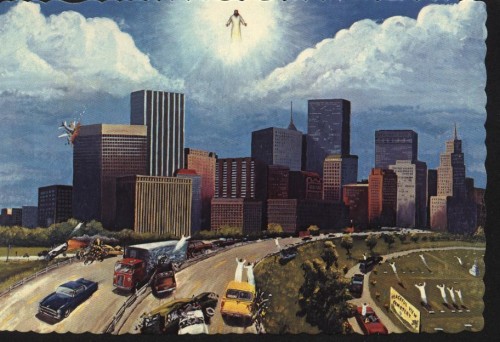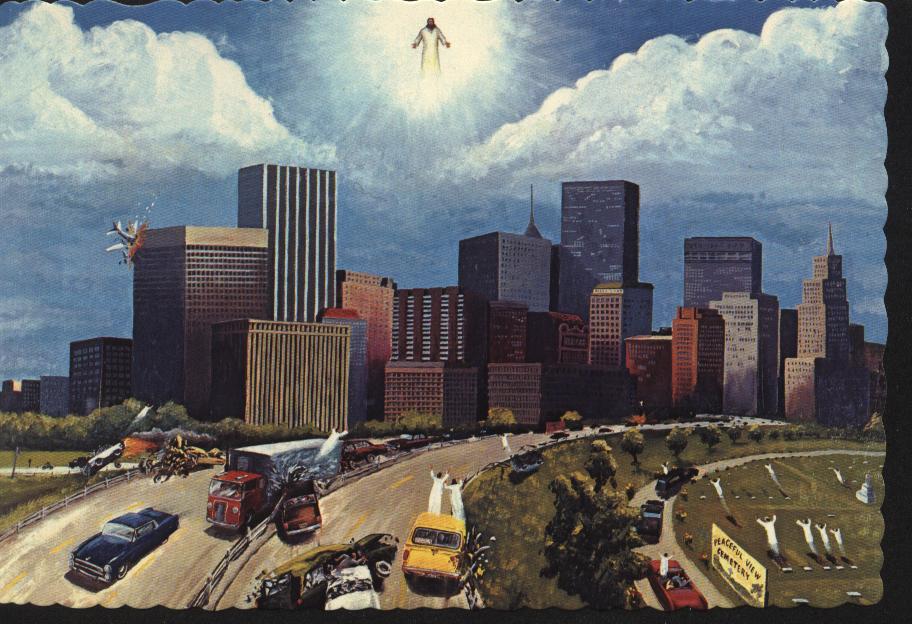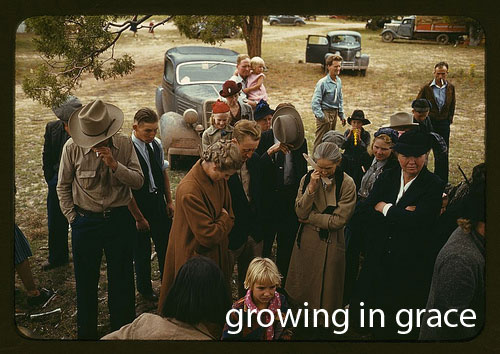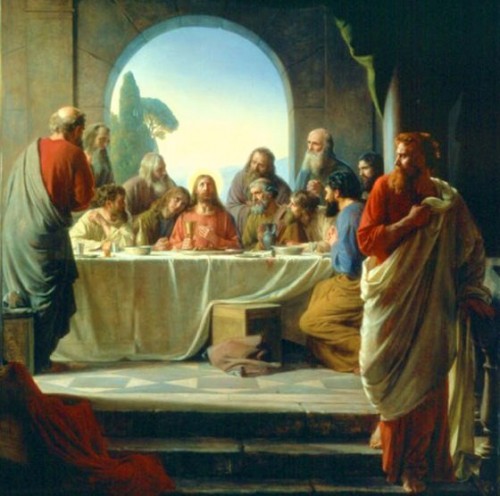
With Rob Bell’s book, Love Wins: A Book About Heaven, Hell, and the Fate of Every Person who Ever Lived (available in hardcover, Kindle, audio version) creating such a stir, and pastors across the country rushing to warn their congregations about the book, I thought it would be worthwhile to take a look at some of the major accusations I’ve heard and give a little insight into what I believe Bell is really saying.
(You may want to read my first post – Rob Bell, Love Wins and why I hope he’s right before continuing.)
Now, I’ll be the first to admit that this isn’t a full scope of what Bell is or isn’t saying — but perhaps it will encourage those of you who are getting over your certainty to take the time to read the book for yourself and make your own opinions about what’s inside it.
Continue reading Rob Bell, Love Wins, and what Bell isn’t saying








